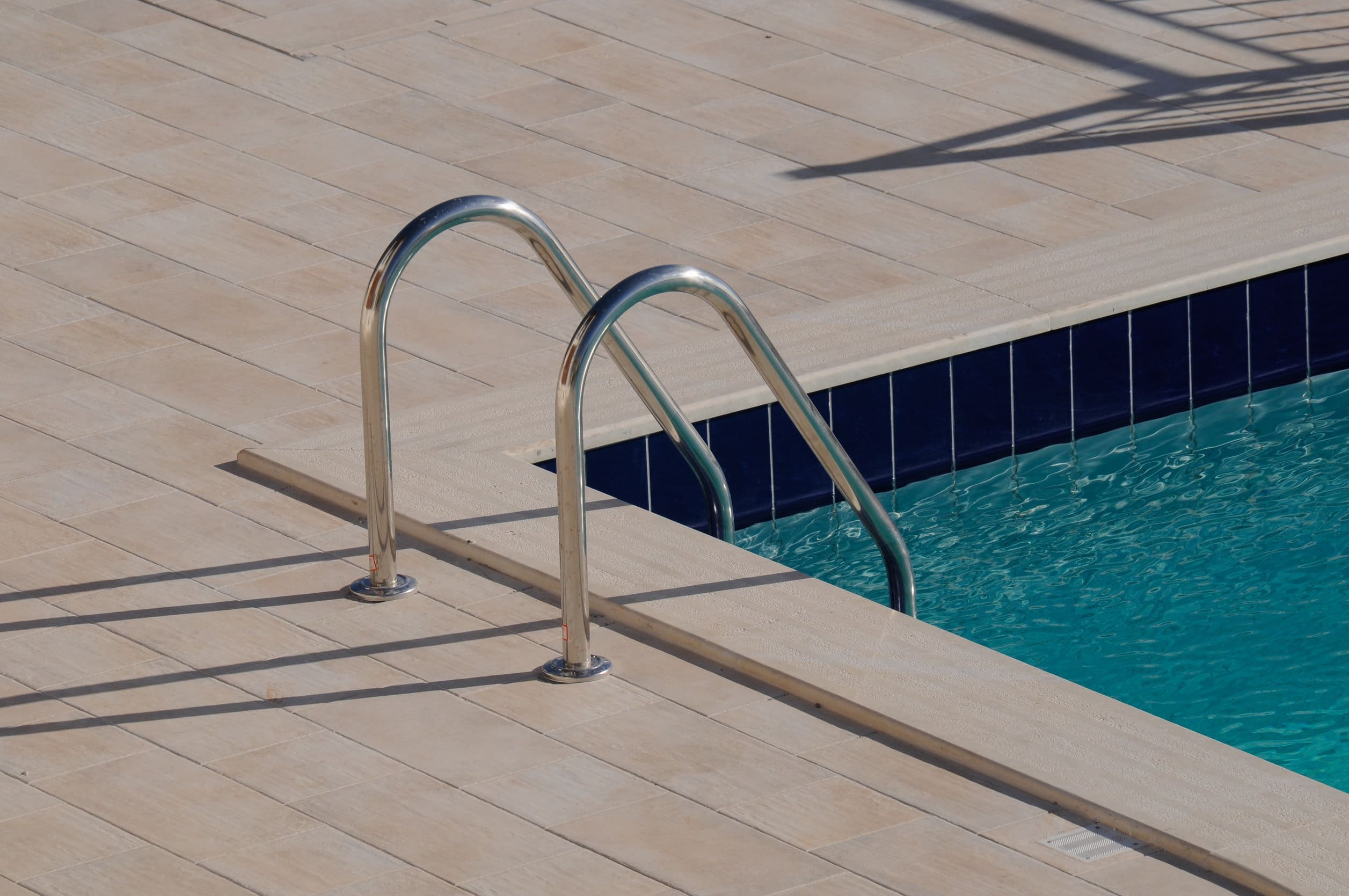Rash of Drownings a Reminder for FL Parents to Take Care
Florida is a place people flock to all year long so that they can sample a little slice of paradise. With mostly year-round sunny days and pleasant temperatures, Florida isn’t called the Sunshine State for nothing!
However, this bright reputation has its risks, especially when it comes to drowning accidents. In fact, you can do all the right things to try to prevent drowning accidents from happening – and they can still occur.
Children can be particularly precocious when it comes to slipping through defenses. In fact, many children slip through doggie doors to access pools and end up drowning.
Florida has the second-highest rate of drowning deaths in the United States.
Victims can suffer brain injuries, organ damage, or even death as a result. That’s why it’s important to under what can happen and what a person can be held liable for in Florida in regards to drowning accidents.
Florida Drowning Accidents: The Causes
There are several factors that lead to drowning accidents. Some of the most common include:
● Children who are left unsupervised around water
● Using illegal drugs or alcohol near the water
● Having a gate, latch, or fence that is defective or installed incorrectly
● Improper supervision by lifeguards or a lack of lifeguards
● Failure to wear proper life jackets
The most common injuries associated with drowning accidents include:
● Spinal cord injuries
● Cardiac arrest
● Head trauma
● Organ failure
● Fractures
● Death
Drowning accidents can happen anywhere, too, from public beaches to private swimming pools to resort pools… So it’s important to be aware of the dangers and what you can do about them.
Who Is Responsible for Florida Drowning Accidents?
Anyone who is involved in a drowning accident or their surviving family can file a lawsuit against the owner of the property where the accident occurred. They can do so if the owner was negligent or another party’s negligence contributed to the accident.
Under Florida law, if someone was negligent in a way that led to the injuries or death of the victim, then there are four elements that must be proven by the person filing the lawsuit. They are:
● The fact that the person being sued owed a legal duty of care
● They breached that duty of care
● The breach resulted in the injury or death
● Damages were suffered as a result
Pure Comparative Negligence in Florida
Florida also has a law regarding pure comparative negligence. That allows someone who is injured to recover damages even if it’s established that their own negligence played a part in the accident.
However, it’s important to note that the amount of possible recovered damages are in proportion to the degree of fault that is established.
For example, let’s say the victim is found to be 20 percent negligent in the accident. If he or she is awarded $100,000 in damages, they can only recover $80,000 of those damages.
Protect Yourself
If you own a pool, the safest thing you can do is ensure that you properly follow the laws of the state to protect your property. For residential pool owners, that means you must have an enclosure for your pool – one that meets certain specifications – and an approved safety cover or exit alarm on the doors and windows that directly access the pool.
If you fail to follow the laws regarding this, you not only can be found negligent if an accident occurs – you could also be guilty of a second-degree misdemeanor.
About the Author:
Andrew Winston is a partner at the personal injury law firm of Winston Law. For over 20 years, he has successfully represented countless people in all kinds of personal injury cases, with a particular focus on child injury, legal malpractice, and premises liability. He has been recognized for excellence in the representation of injured clients by admission to the Million Dollar Advocates Forum, and named one of America’s Top 100 High-Stakes Litigators. Mr. Winston is AV Preeminent Rated by the Martindale-Hubbell Law Directory, enjoys a 10.0 rating by AVVO as a Top Personal Injury Attorney, has been selected as a Florida “SuperLawyer” from 2011-2020 – an honor reserved for the top 5% of lawyers in the state – was voted to Florida Trend’s ”Legal Elite,” recognized by Expertise as one of the 20 Best Fort Lauderdale personal injury attorneys, named one of the Top 100 Lawyers in the Miami area for 2015-2017, and one of the Top 100 Lawyers in Florida for 2015-2017 and 2019.
 Everything You Should Know about Auto Accident Injuries in Florida
Everything You Should Know about Auto Accident Injuries in Florida 

















